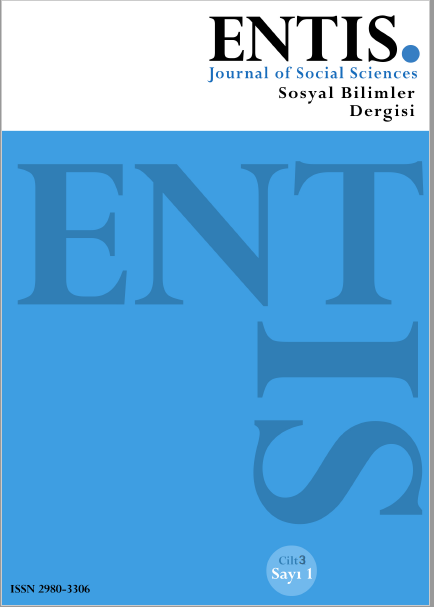Yetişkinlerde Depresyon Belirtilerinin Yordayıcıları: Narsisizm, Uyum Bozucu Şemalar ve Algılanan Ebeveyn Tutumları
Keywords:
Anne Baba Tutumu, Narsisizm, Depresyon, Yetişkin Bireyler, Erken Dönem Uyumsuz Şemalar.Abstract
Depression is a common mental disorder that adversely affects individuals' emotional, cognitive, and social functioning, and is closely associated with early life experiences, parental attitudes, and personality traits. The aim of this study is to examine the extent to which depression levels in adults can be predicted by narcissism, early maladaptive schemas, and perceived parenting styles. Existing literature suggests that the development of depression is influenced not only by biological and environmental factors but also by individual personality traits, early life experiences, and family dynamics. In this context, the present research seeks to make a unique contribution to the field by addressing multidimensional psychological factors that impact mental health in a holistic framework. The study was designed using a relational screening model and conducted with data collected from 428 adult participants. Data collection tools included the Five-Factor Narcissism Inventory, the Young Schema Questionnaire–Short Form 3, the Perceived Parenting Attitude Scale, and the Beck Depression Inventory. The data were analyzed using multiple regression and correlation analyses.The findings revealed a positive relationship between vulnerable narcissism and depression levels, whereas grandiose narcissism showed a negative relationship. Early maladaptive schemas were found to significantly predict depression, particularly schemas related to disconnection/rejection and impaired autonomy. Furthermore, perceived parenting attitudes had a notable effect on depression levels, with democratic parenting serving as a protective factor and authoritarian and neglectful attitudes acting as risk factors. Among the demographic variables, only income level was found to significantly differentiate depression scores. The results indicate that narcissistic traits and schema formations shaped by parenting styles and early life experiences play a critical role in the emergence of depression. Accordingly, psychotherapeutic interventions should adopt an integrative approach that facilitates individuals' confrontation with early experiences, recognition of maladaptive schemas, and restructuring of narcissistic defense mechanisms.



